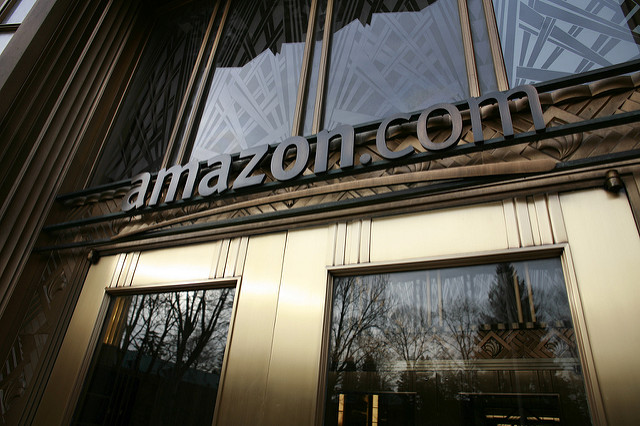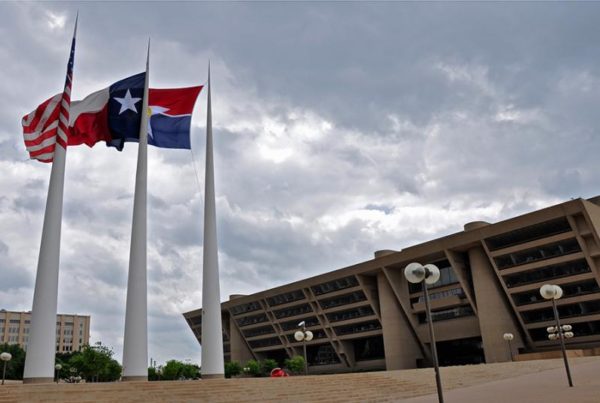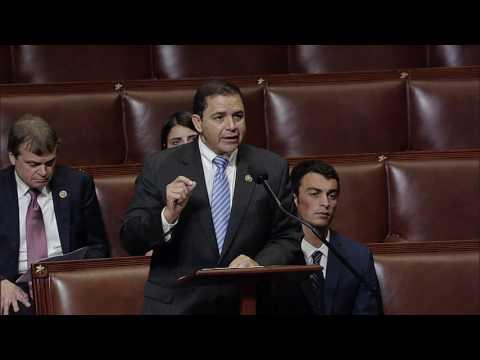Amazon CEO Jeff Bezos is reportedly reconsidering plans to locate the company’s HQ2 in New York City. The plan has been controversial from the start, but on the surface, looked like a big win for New York – $3 billion in performance-based incentives in exchange for an estimated 25,000 jobs and $27 billion in tax revenue. But a new study suggests that taxpayers are right to be skeptical of big incentive deals.
Nathan Jensen, a professor of government at the University of Texas at Austin, studied the Texas Enterprise Fund, a grant-based program that he says trades tax incentives for promises of investment and job-creation. When he researched whether companies were fulfilling their promises to the state, When he dug deeper, Jensen says many companies challenged his public records requests.
“We did get enough data from these records requests to find that a lot of companies … secretly negotiated their contracts – lowering the standards of the jobs that they promised, changing the schedule of jobs, changing what’s counted as a job,” Jensen says.
Jensen says the Texas companies reduced their initial promises, but then never reported it to taxpayers.
“We think we found some bait-and-switches at the very least, if not completely going around the rules that are set up in these programs,” Jensen says.
Jensen says deals between cities and companies are meant to be founded on strong rules that guarantee returns on the cities’ investments. But Amazon put an ability to challenge these rules into their contracts with New York and Virginia.
“Our study said these rules don’t mean anything if you can change the rules,” Jensen says. “New York should be very concerned.”
The report was co-authored by Calvin Thrall, a Ph.D. student in the UT-Austin government department.
Written by Sara Schleede.
















